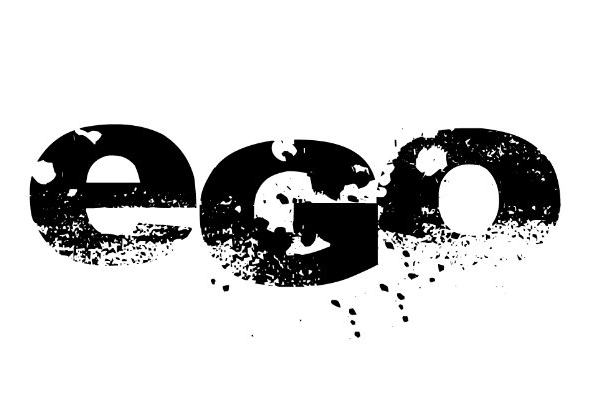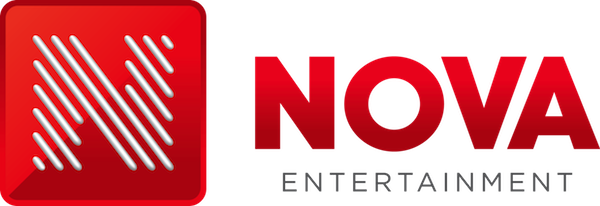EGO

Should you be worried about hiring talent with an ego?
Q: I am a relatively new PD and we have a vacancy for a morning show host. We’re a medium sized market station and the applicant I want to offer the job to is a former major market personality (mornings and drive), but my GM didn’t get a good feeling for him when we went to dinner. He said “What are we going to do about his ego? Is that going to be a problem?” My GM is suggesting we don’t hire our front runner and go for an easier option. What do you think? Should I be worried about this host having an ego? Should I hire him?
A: Great question! I am sure there will be many people reading this nodding their heads in agreement. I empathize with the situation you’re in. The answer isn’t a black or white. My belief has always been that “a big ego is crucial for success.” I actively encourage people to consider and evaluate the ego of those they are bringing into their teams; “They do have an ego right? After all a big ego is crucial for success.” However, there is a difference between good ego and bad ego. You’ll need to figure out which is prevalent in the candidate.
There’s no question that ego has a bad reputation. It is common to hear the term ego portrayed only as a negative trait. You hear people complain about another person uttering the phrase “He has a huge ego.” How many times have you heard someone say “his ego is too big for the room” when someone loudly talks only about themselves? Often people who are boastful and arrogant are quickly labelled as egotistical which adds to the negative PR that ego receives. People are all too quick to protest; “I don’t have an ego!” But you do. We all do. An ego is simply part of who we are.
Don’t get me wrong, our ego needs to be managed well to avoid it becoming self-destructive and we’ll get to that later…
Statements like, “he has a big ego” should actually be seen as compliments, not insults. Having a big ego isn’t a bad thing; it’s essential for achieving peak performance. I read a quote that has always resonated with me: “To have a large ego does not imply arrogance, but demonstrates pride in our past and a confidence in our ability and our self-worth.”
Your ego is your sense of self-importance. The larger your ego, the larger your self-esteem. It is our ego that breeds our self-confidence, our drive for success and our optimism.
All champions have a big ego. Without a big ego they would never have reached their fullest potential and become champions. Consider Mohammed Ali who proclaimed “I am the greatest.” His supreme confidence is what helped him build his legacy. Many great athletes – and the world’s most successful people – believe they are the greatest. They have unwavering belief in themselves. Your talent with no belief won’t help you reach the greatness you were destined for. You must possess unquestionable self-confidence.
Your ego acts as an inner reserve; a powerful source of your past successes and experiences. People with big egos understand that there will be times when they are faced with uncertainty and when they are presented with obstacles that feel insurmountable but, it is at this moment that they can reach deep within themselves — into their inner reserve – and remind themselves of their accomplishments and what makes them great. Pulling on their past successes and knowledge to remind them of what they are capable of. It is their ego that propels them to keep moving forward.
People with big egos are better at confronting their fears. Fear prevents many people from taking action. They don’t seek that promotion at work because there’s a chance it may not work out. They opt not to openly speak their mind in case they are judged or criticized. They chose not to take risks in case they fail. These people are paralyzed by fear. People without big egos are hesitant to push themselves into the unknown. Someone with a big ego — that inner reserve of self-belief — doesn’t hesitate. They don’t doubt themselves. Their ego brushes any self-doubt out of their path and they take that next step forward.
However, there is a need to control your ego and not let it control you. Without the proper care an ego can be dangerous to one’s performance. It can create a ‘me-centered’ agenda that makes you overconfident, over ambitious, manipulative and dismissive of others. Some tell-tale signs that ego has taken control over you may include:
- Becoming increasingly defensive
- Continually comparing yourself to others
- Desiring constant recognition and reward
- Constantly wanting the limelight to showcase yourself
- Seeing others as rivals; spending time planning to look ‘better than them’
- Rejecting the ideas and suggestions of others simply because they weren’t yours
Having a big ego is crucial for peak performance but, it is up to us to ensure our ego remains healthy. Humility is the secret to a healthy ego. Humility has the power to keep us interested in others, and to seek their perspective and input in order to better ourselves. Humility prevents our personal needs from dominating every interaction and experience. Humility helps us see success as ‘we’ rather than ‘me.’ You need a big ego, but you need an equally big dose of humility to ensure your ego is a help and not a hindrance.
Having an ego is part of being human. We shouldn’t dismiss talented people because “they have an ego” instead we should start seeing ego as a positive trait. Acknowledge that exceptional performance can’t be achieved without developing an ego; the best believe in themselves. Simply be wary of people who can’t control their ego; they’ll lack humility.
The real question you have to figure out right now is… What kind of ego does this person have? And most importantly is this person humble? Good luck!
About: Paul Kaye
Originally from England, Paul spent nearly a decade programming radio stations in the UK before moving to Canada in 2012.
While working for Newcap Radio, Paul programmed Classic Hits, Hot-AC and CHR formats in Vancouver & Calgary. Paul was also Newcap’s National Talent Development Director, tasked with improving performance across all content teams, overseeing syndication and leading talent acquisition. In 2016, he joined Rogers Media, as National Talent Coach and National Format Director (CHR).
Paul was somehow named International PD of the year in 2016 (vote re-count pending) and is a certified coach. Paul lives in Toronto and can be reached at [email protected]



